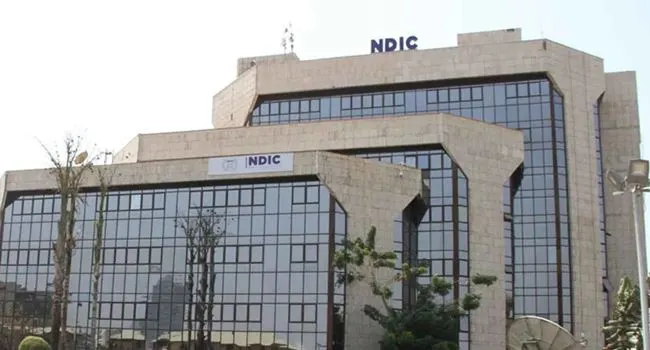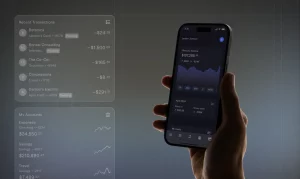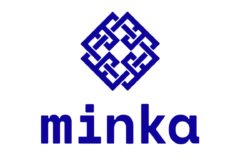The Nigerian Deposit Insurance Corporation (NDIC) has compensated some customers of 132 microfinance banks whose operating licences were revoked by Nigeria’s Central Bank in May 2023. According to two NDIC notices dated May and August 2023, customers of the affected banks will receive a maximum payment of ₦200,000 upon proof that they held deposits.
The Central Bank revoked the licences of those banks for being “inactive, insolvent, failing to render returns, closing shop, or not providing the type of banking services for which they were licensed for more than six months.” The apex bank did not provide specific reasons for each affected bank.
Two of the most prominent banks affected by the CBN action are Eyowo Microfinance Bank, backed by the fintech Softcom, and Purple Microfinance Bank.
“Some of the banks believe the CBN wrongfully revoked their license and have been trying to make a case to regain their license, albeit under a different name,” said an NDIC agent who asked not to be named as he was not authorised to speak on the matter.
Eyowo has repeatedly said it is engaging the CBN to regain its licence and resume operations. In June 2023, it entered into a short-lived partnership with Providus Bank, which allowed some customers access to their money.
At least two customers said they were initially able to withdraw their funds from Eyowo after the Providus partnership, but the app became inaccessible weeks later.
“Every microfinance bank affected by the revocation is undergoing this NDIC process, which is part of the CBN/NDIC procedure to either wind down fully revoked banks or reinstate successful applicants like us,” a highly-placed person at Eyowo said.
Customers with bigger deposits need to wait it out
The situation could be a little more complex for customers who had more than ₦200,000—the maximum the NDIC will pay— in their accounts. In some cases, the affected banks are engaging customers and reassuring them of the work being done to ensure they access their deposits.
If the banks cannot make good on their promise, the customers will still have recourse to the NDIC.
The government-backed insurer will assess the banks’ assets that lost their licenses and sell whatever it can. It will also recover their loans and sell whatever investments those banks have.
“After liquidating the entity, the NDIC will pay depositors with more than ₦200,000 part or all of their remainder deposits as a “liquidation dividend.”
While some banks are applying to get their licences back, there’s a real risk that they may be unsuccessful.
The NDIC may eventually liquidate the bank’s assets to pay their depositors if they fail to convince the central bank that they are healthy institutions. “Liquidation is often the last resort,” an NDIC official who asked to speak anonymously told TechCabal.
“After assessing the bank’s assets, we often try other measures, such as asking the shareholders to pump money into the bank.”
In cases where that yields no response, the NDIC often tries to negotiate a takeover by another bank or get someone else to run the bank until things have stabilized.























